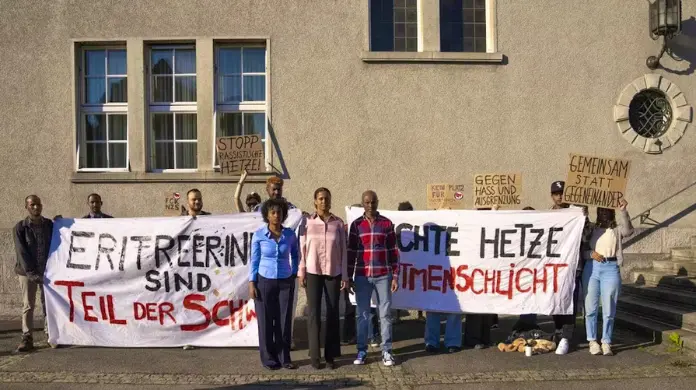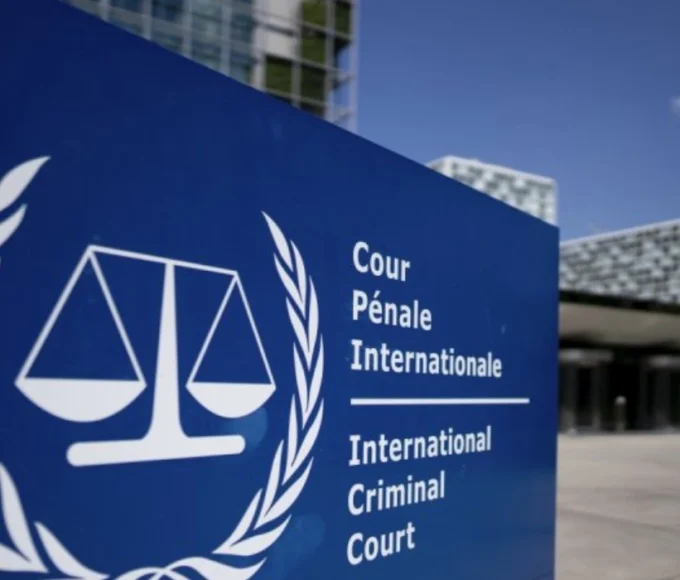Patrick Walder, the former president of the Swiss People’s Party (SVP) in Zurich, is standing trial in Uster district court for alleged racial discrimination following a 2019 party media release. The statement, issued after a fatal attack by an Eritrean asylum seeker in Germany, described Eritreans broadly as violent and unfit for integration—sparking backlash and legal action.
The case has reignited debate around freedom of speech, political accountability, and racism in Switzerland’s asylum discourse.
Read Also : EU Chief Urges Ukraine Ceasefire ‘Without Pre-Conditions’
Background: 2019 SVP Statement Sparks Outrage
Media Release Accused of Inciting Hatred
Following a tragic incident at Frankfurt main station, where an Eritrean man pushed a mother and child onto train tracks—resulting in the child’s death—the Zurich SVP released a public statement criticizing asylum policies and characterizing Eritreans as a threat to public safety.
The prosecution argues that the statement generalized an entire ethnic group and promoted discriminatory sentiment. Two Swiss citizens filed charges independently, citing concern for social peace and alleging the statement breached Article 261bis of the Swiss Penal Code, which prohibits racial discrimination.
Nazi-Era Imagery Cited by Lawyers
During court proceedings, lawyers for the plaintiffs criticized the SVP’s use of provocative imagery and language. One referred to previous SVP campaigns using visual metaphors—such as an apple eaten by a worm—that they said echoed Nazi propaganda.
“This is not about freedom of expression,” one lawyer argued, “but about a deliberate attack on Eritreans as an ethnic group. That is racial discrimination.”
Walder Defends His Role and Political Intent
“I Am Not a Racist,” Says Defendant
Walder maintained that the intent of the media release was to criticize Switzerland’s asylum policy, not to incite hatred. While acknowledging the release was issued under his leadership, he denied crafting or approving it personally.
“I am of the opinion that this article on racial discrimination is meant for people who are truly racist. That’s not me,” Walder said. He expressed frustration at the lengthy legal process, calling it emotionally taxing and disproportionate for a private individual.
No Regret Over Content
Despite the backlash, Walder reiterated that the SVP’s message remains valid in the context of Switzerland’s asylum policies. He stated that the release was politically motivated and aimed at prompting reform—not targeting Eritreans specifically.
“I maintain that the situation with asylum policy is no better now than it was in 2019,” he said under questioning.
Fallout and Public Reaction
Threats and Hate Messages Reported
The controversy sparked significant public reaction. According to plaintiff testimony, hate-filled and threatening messages were sent to advocacy groups in the aftermath of the media release. One plaintiff reported receiving disturbing images, including violent and racist content directed at Eritrean communities.
These threats, they argued, underscored the real-world consequences of inflammatory political rhetoric and the need for accountability.
Legal Consequences and Prosecutor’s Demands
The public prosecutor is seeking a fine of 8,400 Swiss francs, plus an additional 800-franc penalty, citing a clear violation of anti-racism legislation. The court must now weigh political speech against the boundaries of lawful expression under Swiss law.
Closing Thoughts
This trial is more than a legal proceeding—it reflects a broader reckoning with how political narratives shape public attitudes toward minorities. As Switzerland continues to debate its asylum and integration policies, the outcome of this case may set a precedent on the limits of political speech and protection against racial discrimination.
This article is originally published on : bluewin









